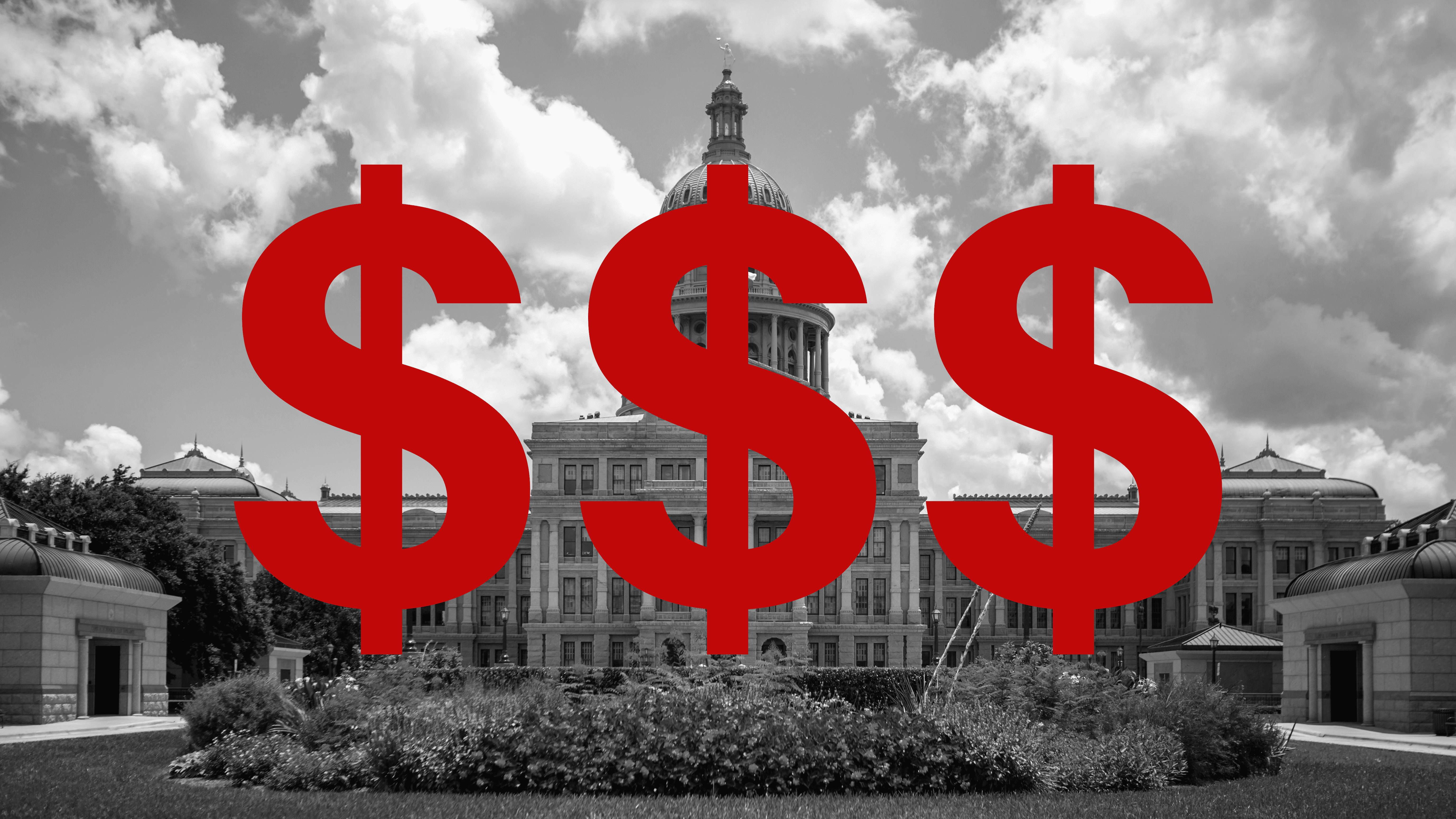After hours of deliberations, lawmakers in the Texas House passed a preliminary state budget.
Nearly 400 amendments to the budget in House Bill 1 were pre-filed Monday in anticipation of the deliberations on Thursday.
Over the course of the day, hundreds of amendments were withdrawn or moved to Article 11 of the budget (a legislative “trash can” or wish list), making for a much shorter debate—and less Republican opposition to Democrat amendments—than that of previous legislative sessions.
Normally, withdrawn amendments are a sign of horse-trading away from the microphones during public discussion of the state budget, which amounts to $303 billion for the next two years.
The Budget
House Bill 1 (and its companion, Senate Bill 1) provides the framework for how state funds are allocated for the next fiscal biennium. The document itself goes through a two-year process in which state agencies work with the Legislative Budget Board and the governor’s Budget and Policy Division to develop “legislative appropriations requests” (LARs). The LBB then writes an initial draft of the budget, and the Appropriations Committee in the House and Senate adjusts the budget in accordance with legislators’ policy goals.
Budget Growth
According to Bill Peacock, policy director for the Huffines Liberty Foundation, this year’s budget appropriates 30 percent more funds (nearly $49 billion) than the total spending during the previous legislative session.
Jeramy Kitchen, executive director of Texans for Fiscal Responsibility, says the Texas House is “pretty fiscally irresponsible.” Notably, the average score for House Appropriations Committee members per the Fiscal Responsibility Index is 35 out of 100.
“This is a massive growth in the overall size of the budget that infiltrates all of our lives in the process and doesn’t do nearly enough for property tax relief,” said Vance Ginn, Ph.D., an economist.
Indeed, of the $303 billion, a mere $ 17.3 billion is being allocated to relieving Texans of their onerous property taxes.
Kitchen said approving this budget is a vote to “substantially grow government” and “squander an opportunity to provide REAL and tangible property tax relief to Texas taxpayers.”
Notable Amendments to the Budget
State Rep. Cody Vasut’s amendment to add an additional $40 million per fiscal year to the Alternatives to Abortion program passed the House by a vote of 88-59, with Democrats Bobby Guerra (Mission) and Harold Dutton (Houston) voting for the amendment.
Several House Republicans voted with Democrats to defund school choice in the budget.
Texas Attorney General Ken Paxton, who is rather infamous for suing the federal government, will have to provide a report on the money spent in federal lawsuits, per an amendment by State Rep. Trey Martinez-Fischer (D–San Antonio).
What Now?
The House budget will be reconciled with the Senate’s version of the budget found in Senate Bill 1 (which hasn’t passed the Senate yet) in what is called a conference committee. The conference committee will be composed of 10 members total (five from each chamber), who will discuss and resolve the differences between the two versions. The committee will then submit a report to be considered by each chamber. Assuming the changes are accepted, the bill will head to the governor’s desk for his signature before it becomes law.
Gov. Greg Abbott has the unique ability to employ a line-item veto, where he can take out specific parts of the budget without overturning the entire bill.
All of this will play out over the next few weeks as we move toward the end of the 88th Legislative Session on May 29.
No ads. No paywalls. No government grants. No corporate masters.
Just real news for real Texans.
Support Texas Scorecard to keep it that way!





